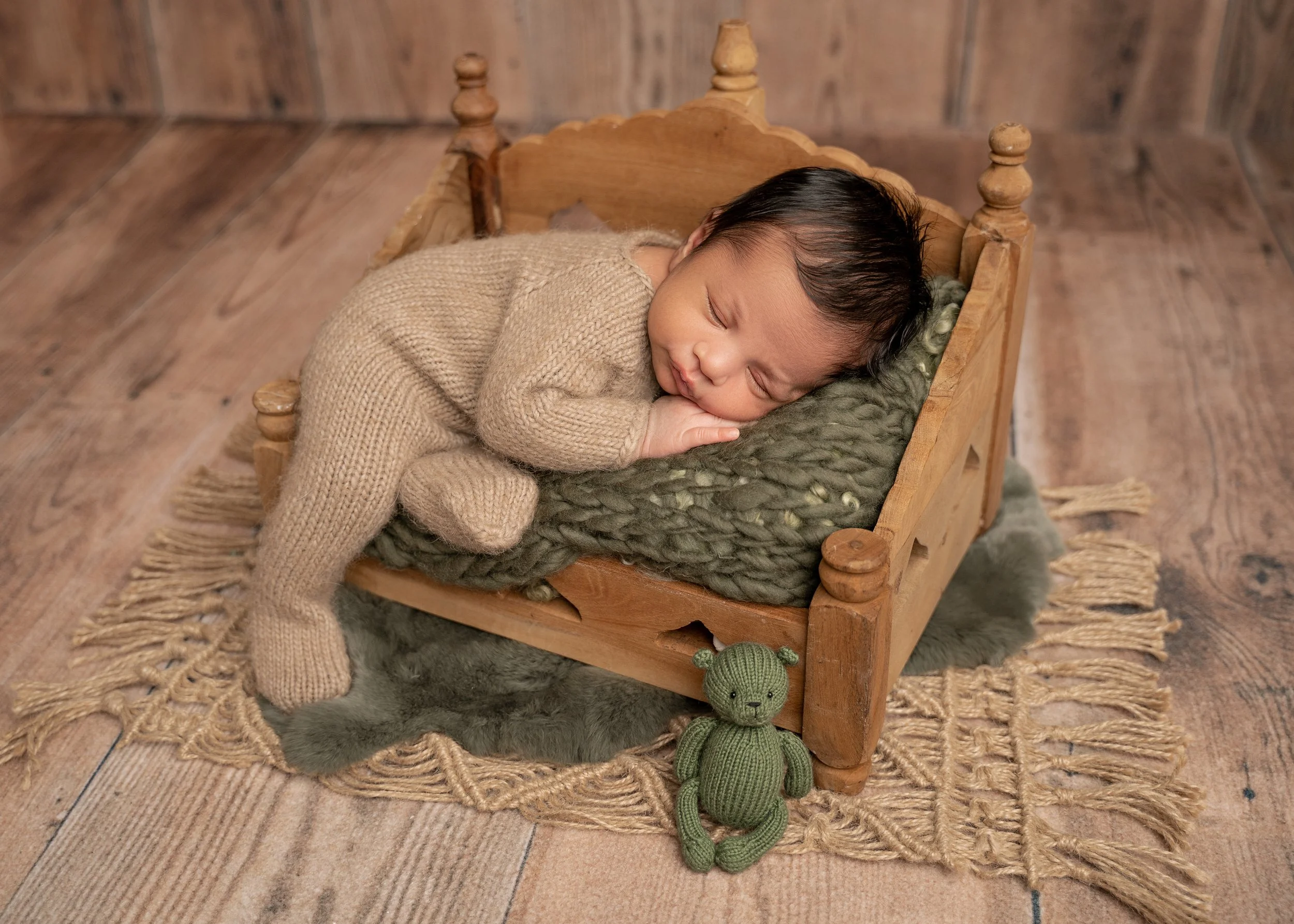What Can Help a Crying Baby?
You can't spoil your baby with too much attention. To soothe a crying baby:
Make sure your baby isn't hungry and has a clean diaper.
Rock or walk with the baby.
Sing or talk to your baby.
Offer the baby a pacifier.
Take the baby for a ride in a stroller.
Hold your baby close against your body and take calm, slow breaths.
Give the baby a warm bath.
Pat or rub the baby's back.
Place your baby across your lap on his or her belly and rub your baby's back.
Put your baby in a swing or vibrating seat. The motion may be soothing.
Put your baby in an infant car seat in the back of the car and go for a ride. Often, the vibration and movement of the car are calming.
Play music — some babies respond to sound as well as movement.
Some babies need less stimulation. Babies 2 months and younger may do well swaddled, lying on their back in the crib with the lights very dim or dark. Make sure the swaddle isn't too tight. Stop swaddling when the baby is starting to be able to roll over.
When a Baby Won't Stop Crying
If a baby in your care won't stop crying:
Call a friend or relative for support or to take care of the baby while you take a break.
If nothing else works, put the baby on their back in an empty crib (without loose blankets or stuffed animals), close the door, and check on the baby in 10 minutes. During that 10 minutes, do something to try to relax and calm down. Try washing your face, breathing deeply, or listening to music.
Call your doctor if nothing seems to be helping the baby, in case there is a medical reason for the fussiness.


